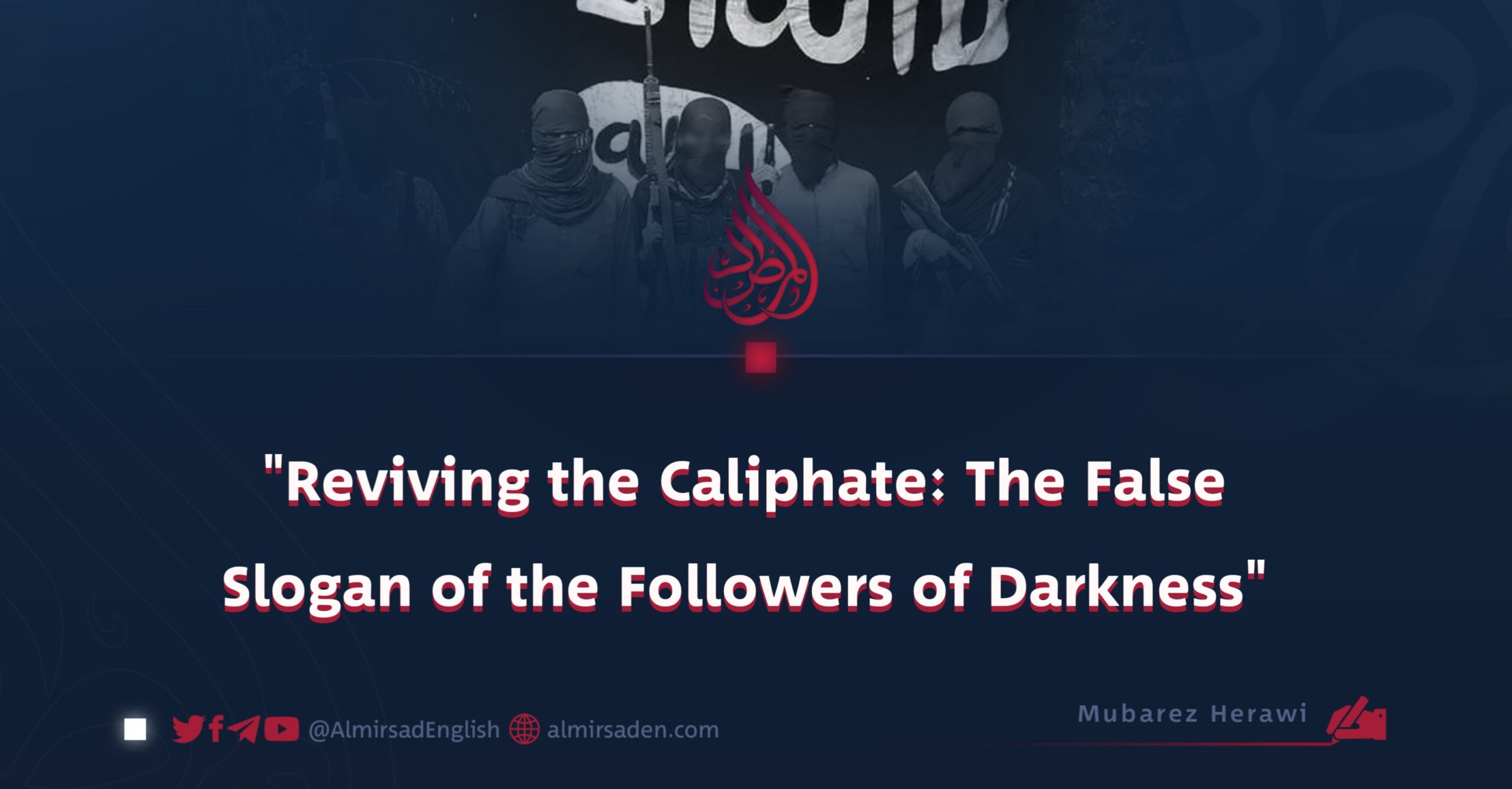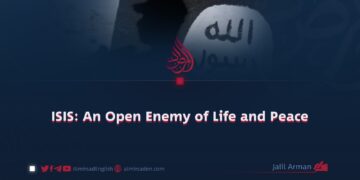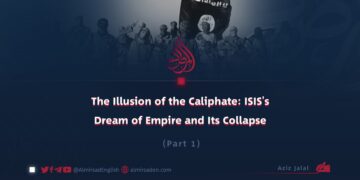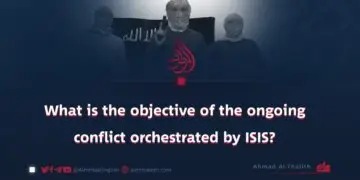Mubarez Herawi
Ten years ago, on June 29, 2014, an individual dressed in a black robe and turban ascended the pulpit of the Great Mosque of al-Nuri in Mosul and articulated peculiar words.
These words caused astonishment not only among the residents of Mosul but also within the nation of Iraq and even worldwide.
Indeed, the man was Abu Bakr al-Baghdadi, the self-proclaimed caliph of Daesh, who proclaimed the establishment of the caliphate on that particular day.
A caliphate that instilled fear in the non-believing world upon merely hearing its name, as it evoked memories of their periods of subjugation and dishonor.
However, this occurrence led to a schism among Muslims: some interpreted it as a positive sign and expressed jubilation upon receiving the news, while others, recognizing its perilous implications for a society not yet prepared for such an entity, felt sorrow and perturbation.
Historically, the Caliphate was a symbol of unity and leadership in the Muslim world, representing a political and religious authority that governed vast territories. The misuse of this historical institution by modern-day extremists tarnishes its true legacy and serves as a facade for their radical ideologies.
The Daesh Khawarij succeeded in leveraging the notion of the caliphate to allure numerous young individuals from around the globe to Iraq and Sham.
These young people, possessing considerable levels of education such as doctors, engineers, and other skilled professionals who could have contributed significantly to the community in the future, sadly fell victim to Daesh’s alluring propaganda and joined this extremist group.
As time progressed, not only the scholars and intellectuals within the Islamic community but also over 99% of the general populace came to grasp the true essence of the Daesh caliphate. They comprehended that this caliphate represented not an opportunity, but a trial, and even a scourge that had beset Muslims and inflicted profound wounds upon the fabric of this community.
Following the declaration of the caliphate, Daesh, in accordance with its fallacious beliefs, asserted its entitlement to assault any city or region and incorporate it into its so-called caliphate, even if said territory was under the control of the mujahideen, resulting in the shedding of innocent blood.
Embracing this flawed ideology, Daesh perpetrated numerous atrocities, decimating Muslim cities, impeding the triumph of the mujahideen, and akin to a malignant growth, intermingling among variegated factions of the mujahideen, sowing discord and disunity.
Consequently, owing to the abominable deeds of the Khawarij, not only was the designation and standing of the caliphate tainted, but an indelible stain was also inflicted upon the visage of Islam.
Presently, a decade subsequent to that somber day, naught endures of their illusory caliphate save for a clandestine cohort lurking in the shadows, operating as proxies for infidel nations.
This faction persists in ensnaring members from the Islamic community and propels them, whether voluntarily or involuntarily, down the path of malevolence alongside Satan and his minions.
In essence, the devastation wrought by Daesh upon this community surpasses even that which Israel is capable of inflicting.
Hence, it behooves every individual within this community to apprehend the pernicious nature of this Khawarij faction and to exert every effort in combatting it.
In order to shield forthcoming generations of the Islamic community from the malevolence of this nefarious entity, by the will of Allah.



















































